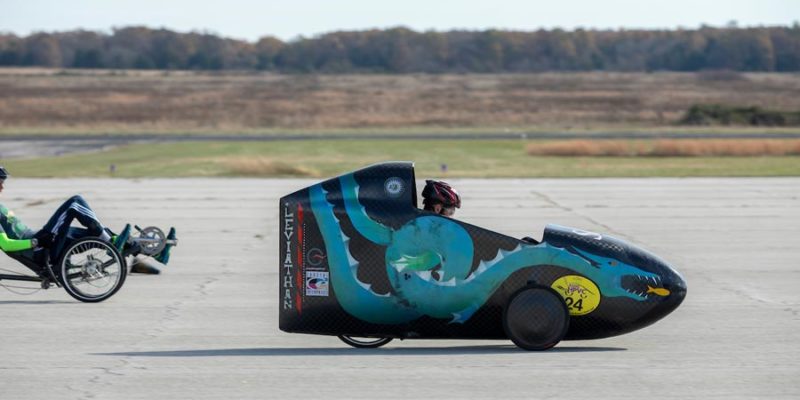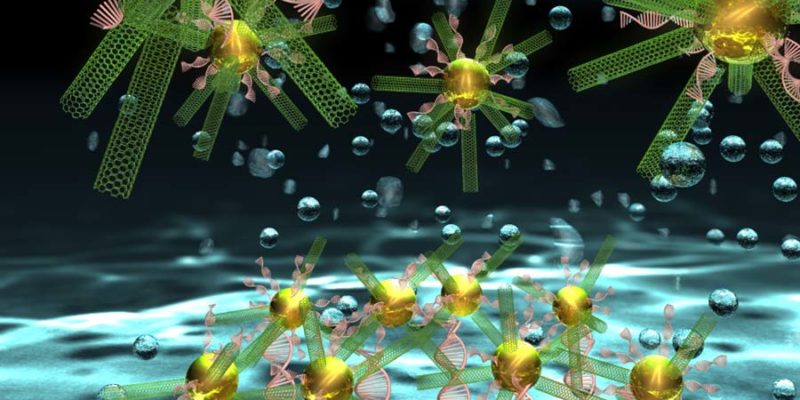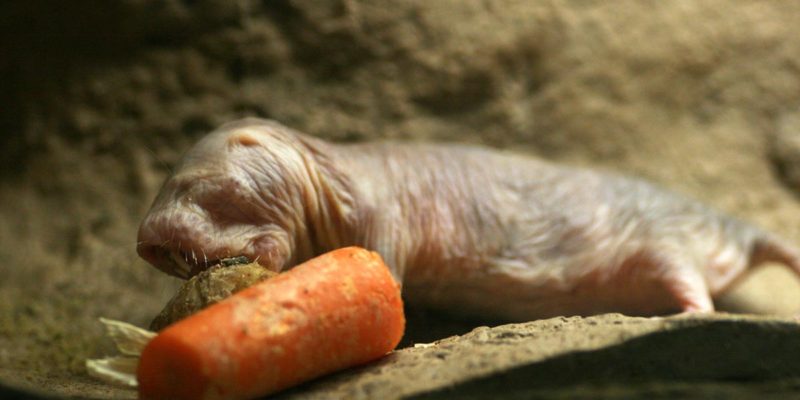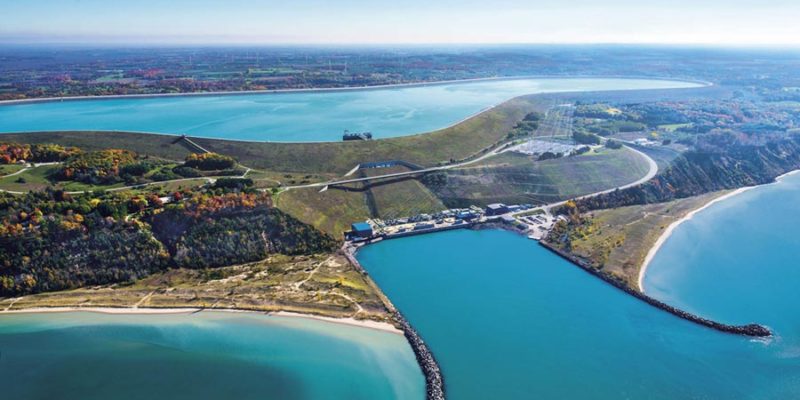Around the Puck
Sewing to save the orphans
When bush fires in 2019 and early 2020 ravaged Australia and killed an estimated 1 billion animals, rescuers kept orphaned kangaroos, wallabies, koalas, bandicoots and other animals comfortable in pouches, wraps and nests handmade by crafters from around the world.
Read More »‘Greased Lightning’ scores both human-powered titles
A pandemic couldn’t stop an S&T design team in pursuit of success.
Read More »S&T defensive end signs with Kansas City Chiefs
Miner defensive end Tershawn Wharton, who studied psychology at S&T, signed a free-agent contract with the NFL’s Kansas City Chiefs. Wharton was a record setter at S&T, earning All-America honors and making Great Lakes Valley Conference all-conference three times.
Read More »Recipe for organ tissue creation
Using bioactive glass, stem cells and a 3-D printer, Missouri S&T researchers are creating organ tissue samples in hopes of advancing pharmaceutical testing and providing a better understanding of how diseases affect human cells.
Read More »DNA biosensor could speed disease detection
Combining nanotechnology and biomedical diagnostics into a process called nanodiagnostics is helping scientists detect diseases at an earlier stage.
Read More »Developing a faster, cleaner, cheaper chemical reaction
A group of S&T researchers has developed a way for chemists to perform the combined reaction-separation process in chemical reactions without using metals or solvents.
Read More »The sky is no limit
Danielle Gines comes from a musical family in Bunker Hill, Ill., and she is always singing. But it was her interest in science and aviation that drew the Illinois transfer student to Missouri S&T and the Air Force ROTC program.
Read More »Global Engineering Program launches this fall
Missouri S&T will take a purposeful step this fall to prepare engineering graduates for international careers with the inauguration of a new Global Engineering Program (GEP).
Read More »What can the naked mole-rat tell us about aging?
According to widely accepted theories, aging results from accumulated cellular damage caused by the byproducts of oxidative metabolism — the way our bodies burn oxygen to produce energy. Once a certain threshold of oxidative damage is reached, we die.
Read More »Like water for energy
About 10% of electricity in the U.S. is created by moving water, or hydropower, according to the U.S. Department of Energy’s Hydropower Vision report, which also found great potential in improving hydropower systems to meet more U.S. energy needs. Now the DOE is investing about $7.5 million into research projects to improve hydropower and reduce […]
Read More »






